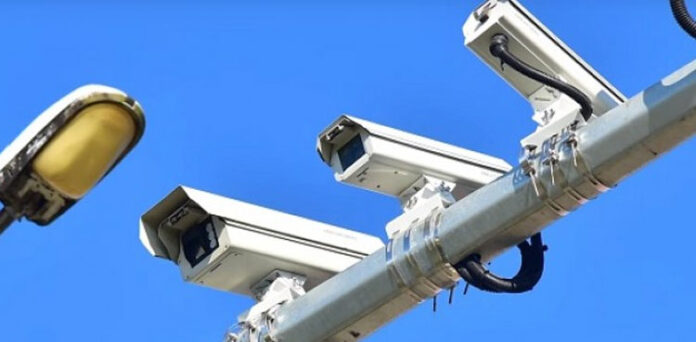Details indicate that the HRCP voiced concerns about the rising incidence of street crimes in Karachi in its most recent report.
According to the research, Karachi had an 11% increase in street crimes in 2023—from 80,000 in 2022 to over 90,000 in 2023.
In 2023, 134 persons lost their lives while fending off robberies and other events, according to the HRCP report, while hundreds more were hurt.
The research also claimed that 2,336 cars and almost 59,000 motorcycles were stolen from individuals in 2023.
The HRCP highlighted worries about the province of Sindh’s general status of law and order as well. It was reported that 3,296 police encounters occurred last year—the largest number of encounters in a single year in Sindh.
As a result of the recent spike in street crime incidences in Karachi, the Inspector General of Police (IGP) has established a specialized squad and launched a targeted operation to combat the city’s criminal population.
The top police officers in the city conducted a high-level meeting under the direction of Inspector General of Police (IGP) Sindh, Ghulam Nabi Memon.
A team of 67 Karachi police officers—60 of whom will be sent from other districts—as well as seven elite SIU members were given the strategic task of managing the most critical cases by IGP Memon at the meeting.

